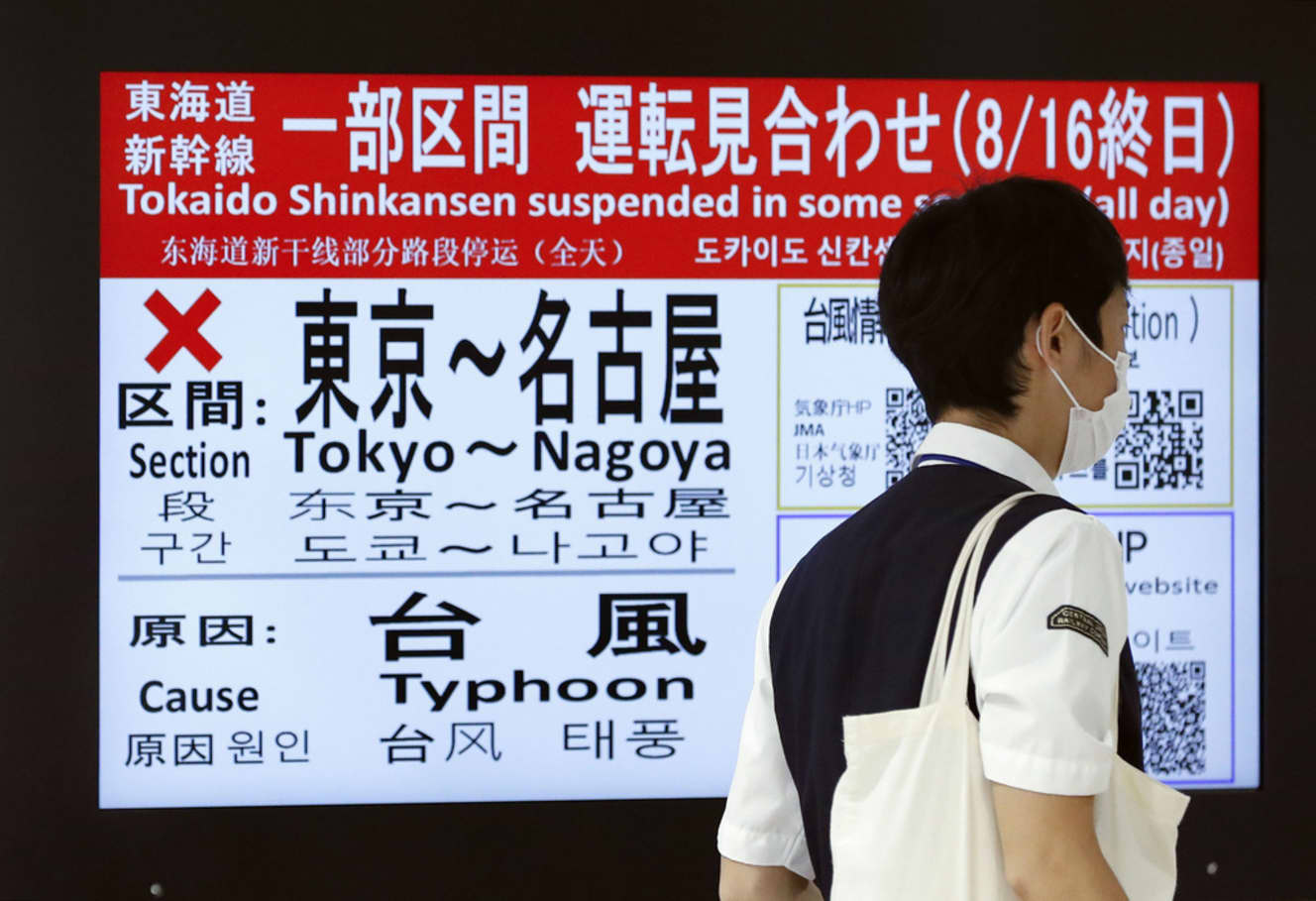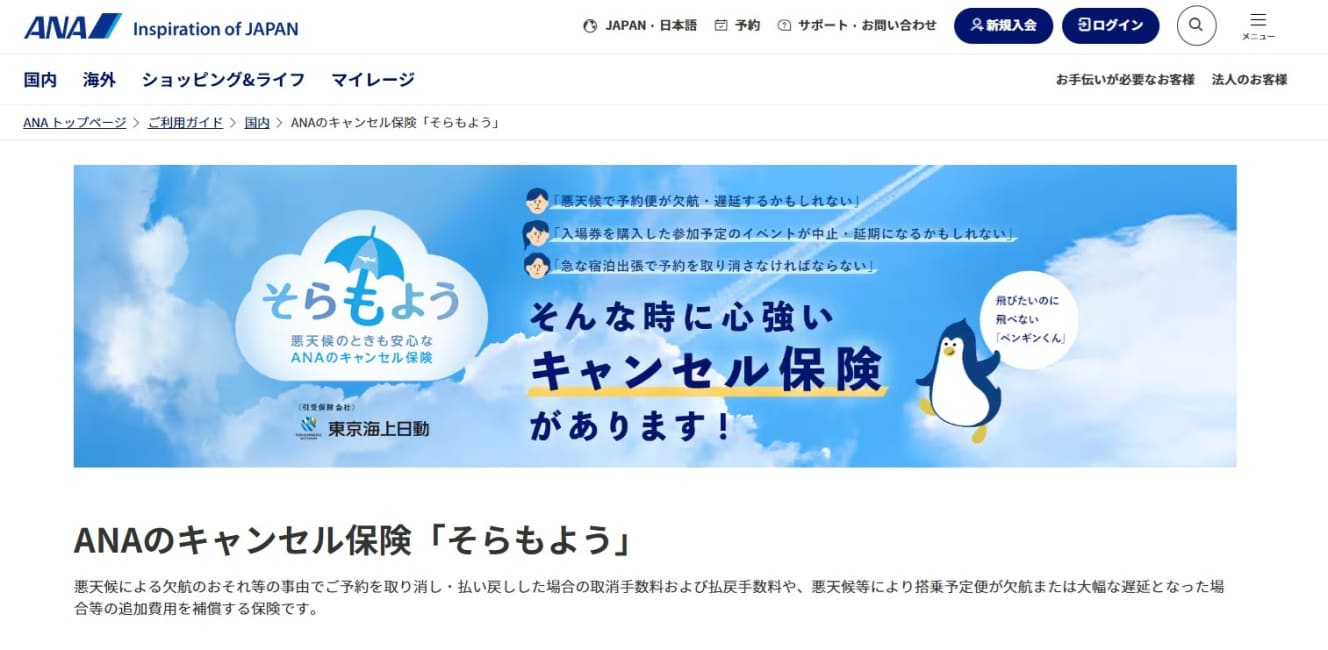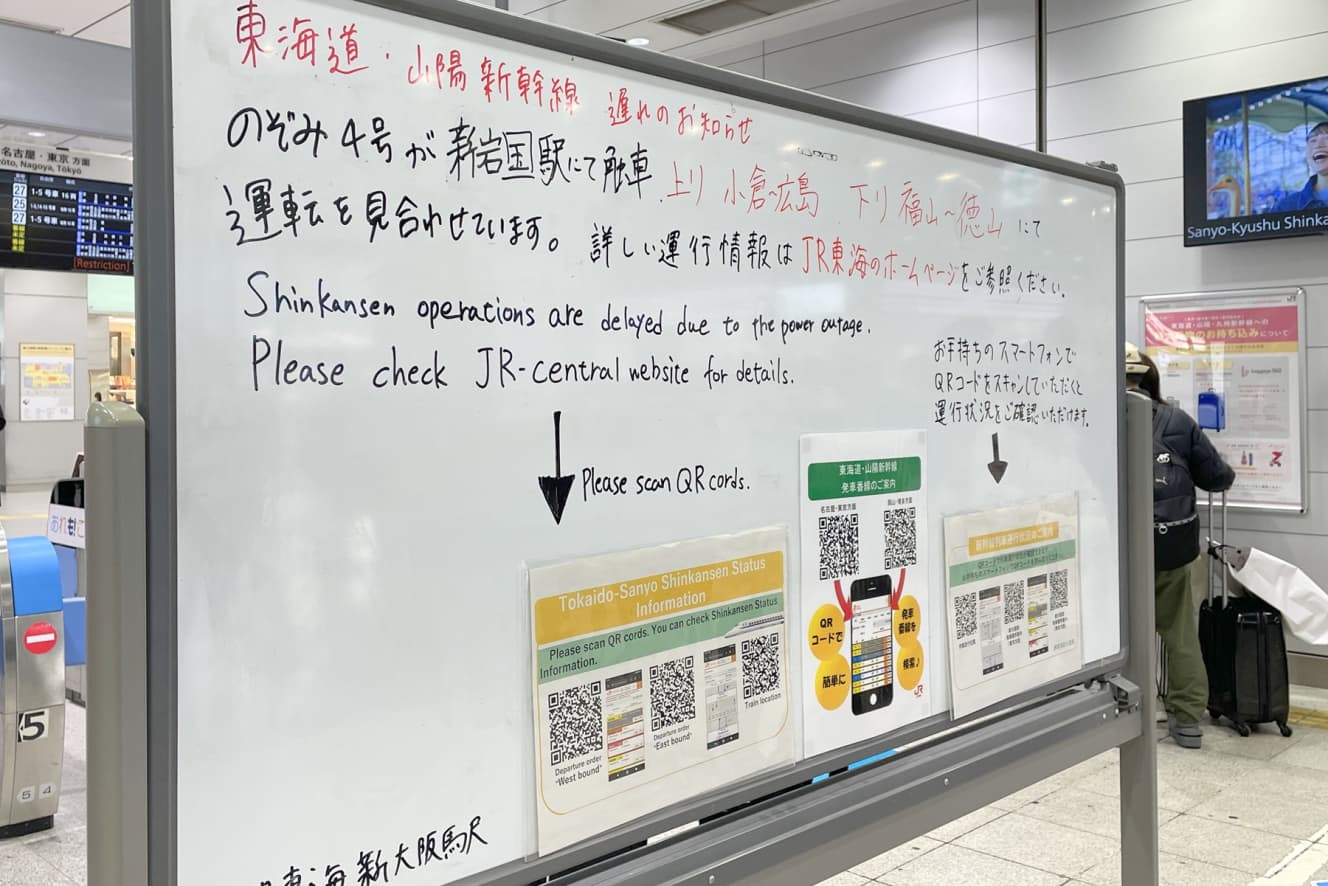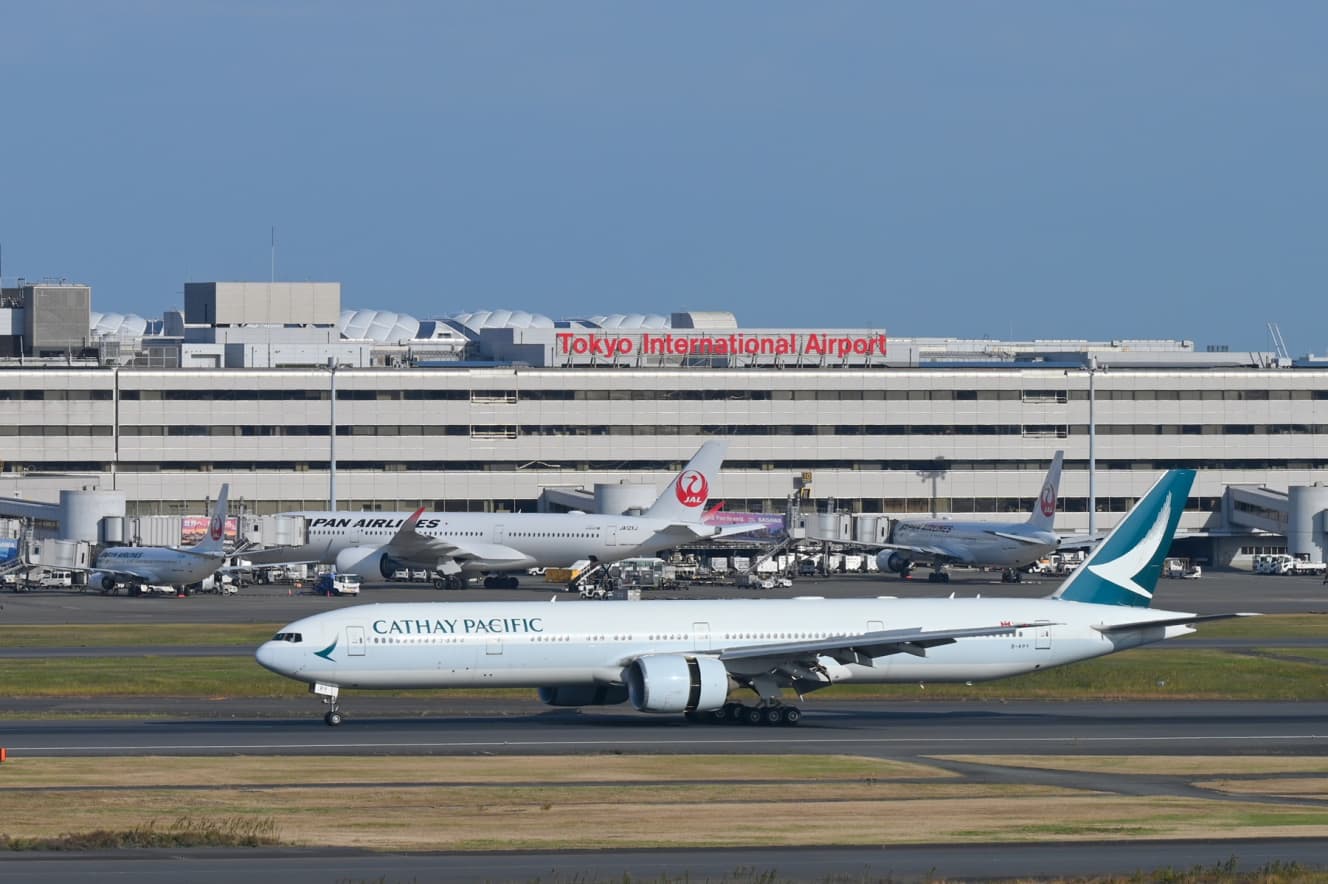The keywords for future travel are “preparedness” and “savings”…Bad weather, earthquakes & the weak yen and high prices have changed travel values
Typhoon hits Obon holiday U-turn rush, travel media In the travel media, “saving money” was a popular theme. Saving money” became a popular theme. ……
Travelers often say that “travel costs have gone up” for both domestic and international travel after Corona. In addition to the daily price hikes, the weak yen has also made it impossible for many people to travel as they did before Corona.
Under such circumstances, recently, articles in magazines and on the Web introducing travel techniques based on the theme of “saving money” have become popular.
What is also of concern these days is the disruption of traffic schedules due to typhoons, extreme weather conditions, and disasters. News of flight cancellations and major delays, as well as bullet train suspensions, have increased dramatically. It is becoming increasingly important to be prepared and to deal with problems when they occur.

Major reasons for the rise in travel costs and “saving” techniques
Domestic travel has been affected more by the rapid increase in the number of foreigners visiting Japan (inbound travel) due to the weak yen than by revenge travel by Japanese. Hotel prices have soared across the board, especially in urban areas such as Tokyo, Osaka, and Fukuoka.
Business travelers, who are not only traveling for leisure but also need to move around, are now complaining that they cannot afford to stay in a hotel for the amount of money required by the company’s regulations. In Kyoto, a popular destination for inbound travelers, it is not unusual for a luxury hotel room to exceed 100,000 yen per night during the tourist season.
On the other hand, for overseas travel, the unprecedented depreciation of the yen, which at one point stood at 160 yen to the dollar, combined with the high cost of living in many countries and regions, puts pressure on travel expenses the longer one stays in a country. Airfares to/from Japan also remain high due to the popularity of inbound travel, and additional fuel surcharges continue to be high.
As a travel technique based on the theme of saving money, “recommended destinations” for overseas travel often include nearby South Korea and Taiwan, where total travel expenses are lower, and Vietnam and Turkey, where prices are still cheaper than in Japan. In addition, we often see special features on how to spend a reasonable amount of time, eat, and connect to the Internet in the local area.
For domestic travel, “MCCs” (mid-cost carriers), which fall between major airlines (full-service carriers, FSCs) and low-cost carriers (low-cost carriers, LCCs), are attracting attention for their excellent cost performance.
In terms of hotels, hotels located away from the center of the city and locally-owned hotels that are not part of a global chain hotel group are the target. It is worthwhile to do some research when considering your travel plans.
Typhoons, guerrilla thunderstorms, and frequent earthquakes… Transportation services are no longer on time
Recently, frequent guerrilla thunderstorms have had a major impact on airline operations. In particular, ground operations at airports are temporarily halted because of the danger of lightning strikes when there is a thunderstorm.
On the night of August 7, ground operations at Haneda Airport were suspended for two hours due to a severe thunderstorm. According to the Airports Council International (ACI), Haneda Airport is known as one of the busiest airports in the world, with up to 90 arrivals and departures per hour. Once arrivals and departures are halted, the impact is enormous.
Flights in progress had to divert to Kansai, Chubu, or other airports or return to their departure airports due to fuel shortages while waiting to land, and many passengers had to spend the night at Haneda because it was midnight and there was no ground transportation.
In the evening of the same day, an earthquake measuring just under 6 on the Japanese seismic scale hit Miyazaki, damaging some facilities at the airport and causing some flights to be cancelled. On the evening of the 9th, an earthquake measuring just under 5 on the Japanese seismic intensity scale hit Kanagawa Prefecture. Although Haneda Airport was not damaged, the Tokaido Shinkansen bullet train service was temporarily suspended, and since it was a Friday night before the Bon vacation, it affected passengers traveling on business or returning home.
In addition to the abnormal weather conditions and a series of earthquakes, there are also concerns about typhoons in the summer and fall. Furthermore, the recent earthquake was the first time that “Temporary Information (Caution: Large Earthquake)” for the Nankai Trough earthquake was issued. It is certain that preparation and measures for “preparedness” will become important even when traveling in the future.
How can we “prepare” ourselves? Self-preservation is also important for low-fare LCCs.
So, what should we do to “prepare” ourselves?
First of all, you should prepare yourself with travel insurance. In the case of domestic flights, if you have “flight delay insurance” as part of your domestic travel insurance, you will be covered for flight cancellations, major delays, and changes in landing locations. Some credit cards come with domestic travel insurance, but even if overseas travel insurance is included, domestic travel insurance is limited to only a few gold cards.
In addition, if you use ANA flights, you can purchase “Soromoyo” cancellation insurance. The policy covers cancellation and refund fees for cancelled or refunded reservations due to the threat of flight cancellation due to inclement weather, as well as additional costs incurred when a flight is cancelled or severely delayed due to inclement weather, for a fixed amount of 10,000 yen per insured person per flight. For delays, coverage is available for delays of six hours or more from the scheduled arrival time.
The policy also covers cancellations of events for which tickets have been obtained in advance, as well as flight cancellations and refunds due to changes in the date, time, or location of the event. The premiums start at 400 yen for regular flights and 800 yen for specified flights (specified flights: flights to/from Okinawa from July to October and flights to/from Hokkaido from October to March; regular flights are all flights except specified flights) when the fare is 15,000 yen or less for a VALUE Fare reservation. Applications must be made at least 7 days prior to boarding.
There is a risk of flight cancellations and major delays even for overseas travel. In particular, LCCs operate on a tighter schedule than FSCs and have a limited number of aircraft, so if the first flight is delayed, it is likely to affect the next flight.
LCCs and MCCs are inferior to FSCs in terms of support because of their lower ticket prices, LCCs and MCCs are inferior to FSCs in terms of support.
It may be necessary to use FSCs when schedules are tight and LCCs or MCCs when schedules are flexible. It is also recommended to “protect yourself” with insurance in case of an emergency.

Click here for details of ANA’s cancellation insurance “Soromoyo.
It is quick and easy to “change yourself on the web” for both shinkansen and airline tickets.
If an airline ticket is cancelled, the full amount is basically refunded. Compensation varies depending on whether the cancellation is due to bad weather conditions such as typhoons or heavy snowfall, or if it is due to the company’s own reasons such as aircraft maintenance.
In the case of a typhoon or other predictable event, the day before or on the day of departure, the relevant flight will be announced as “likely to be cancelled due to inclement weather,” and in such cases, changes and refunds will be made without charge. If there is a possibility that the flight you are planning to take may encounter such a problem, you should check the “Flight Operation Forecast” on the airline’s official website or official application every step of the way.
Also, if you encounter any trouble on the Shinkansen, it is much faster and easier, both physically and mentally, to make changes frequently by yourself from a smartphone or computer, such as “Smart EX” (free registration) or “Express Reservation” (charged) for the Tokaido Shinkansen, rather than waiting in line at the “Midori-no Madoguchi” at the station.
However, once tickets are issued, they can only be changed at the ticket counter, so do not issue tickets until the last minute. Since there are many inbound travelers at major train stations nowadays, you will lose time just waiting in long lines, not only in times of trouble. If possible, it is also important to use the ticket counter several times during normal times to familiarize yourself with its usage.
Furthermore, when traveling, there will be problems with hotels and rental cars that have already been reserved. If you are going to be significantly delayed or unable to go, contact the other party first as soon as it becomes certain. It is important to explain the current situation and discuss any cancellation fees that may be incurred.

To avoid panicking as much as possible when you encounter trouble: ……
When it comes to problems in travel, there used to be an image that “overseas is more common and domestic is less common. Nowadays, even in Japan, bad weather and disasters occur frequently, and there is no guarantee that problems with equipment and vehicles or accidents will not occur.
When trouble does occur, one gets the impression that those who travel more frequently, such as on business trips, are more accustomed to dealing with problems should they arise. The “early bird gets the worm,” so to speak, when it comes to alternative routes, sudden lodging arrangements, etc. A sense of speed in grasping problems as quickly as possible and making immediate decisions and moves is important.
As you gain experience, you will learn to be prepared, but even at ordinary times, you should be aware of what to expect if you run into trouble, and learn about the experiences of those who have actually run into trouble. In addition to travel insurance, it is important to be prepared for any problems that may arise, so be sure to check the “cancellation policy” for your reservations at the beginning of your trip.
Travel conditions have changed dramatically since before Corona. It is important to review whether there are any areas where you can save money, and to be prepared for emergencies such as insurance and simulations.

Interview and text by: Shikama Aki PHOTO: Kyodo News (1st photo)